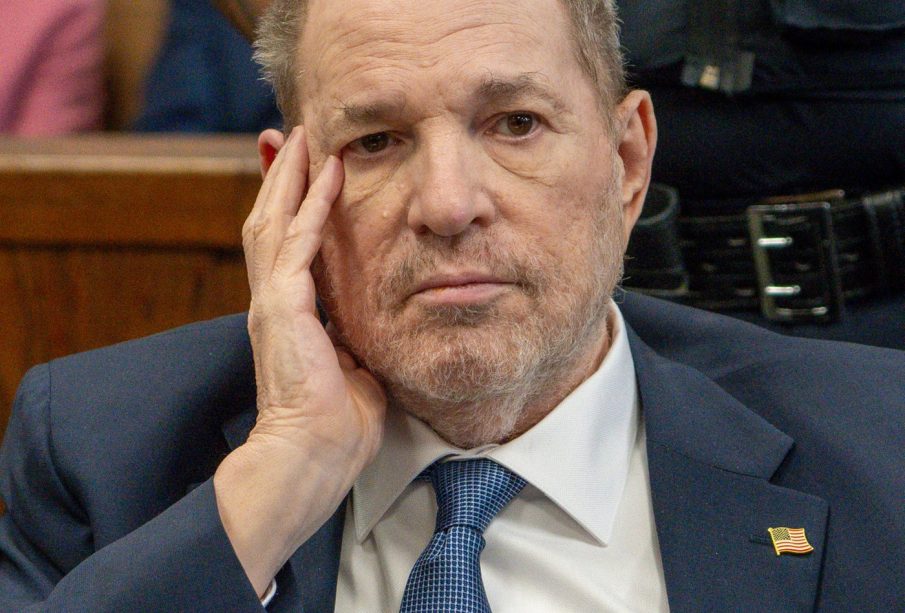Harvey Weinstein’s Ongoing Legal Battles and Implications

Introduction to Harvey Weinstein’s Legal Troubles
Harvey Weinstein, once a prominent figure in Hollywood, has become synonymous with the #MeToo movement and the reckoning around sexual misconduct in the film industry. Following numerous allegations that surfaced in 2017, Weinstein was convicted of rape and sexual assault, marking a pivotal moment in conversations surrounding power dynamics in Hollywood. As of October 2023, Weinstein is challenging his convictions, which raises significant questions about the future of accountability in cases of sexual violence.
Current Legal Status
In February 2020, Harvey Weinstein was convicted of criminal sexual act in the first degree and third-degree rape, resulting in a 23-year prison sentence. However, in a recent appeal lodged with the New York State Supreme Court, Weinstein’s legal team contends that the trial was marred by judicial errors, biased jurors, and improper admission of evidence. This appeal, which is still being processed, has the potential to either uphold his existing sentence or allow for a retrial.
Public Reaction and Cultural Impact
The ongoing developments in Weinstein’s case have been followed closely by both media and the public, reflecting broader societal changes regarding sexual harassment and assault. Many advocates and survivors are watching to see how these legal proceedings unfold, as they represent not just Weinstein’s fate, but also the fate of many individuals who have faced similar traumas in silence. The outcome of this appeal will be crucial in shaping future legal precedents concerning sexual misconduct.
What Lies Ahead
Experts predict that regardless of the outcome of the appeal, Weinstein’s case will remain a pivotal reference point in discussions about sexual violence, consent, and institutional accountability. Should his conviction be overturned, it may embolden others accused of similar crimes to challenge their convictions, potentially leading to further litigation and public debate. Conversely, if the courts uphold the verdict, it may serve as a reinforcement of the legal system’s commitment to survivors of sexual violence.
Conclusion
Harvey Weinstein’s ongoing legal battles continue to resonate far beyond the courtroom, encapsulating a critical moment in the conversation about power, privilege, and justice. His case serves as both a cautionary tale and a potential turning point in the fight against sexual misconduct. As developments unfold, society at large will be keenly attuned to the implications for accountability, healing, and cultural change.






